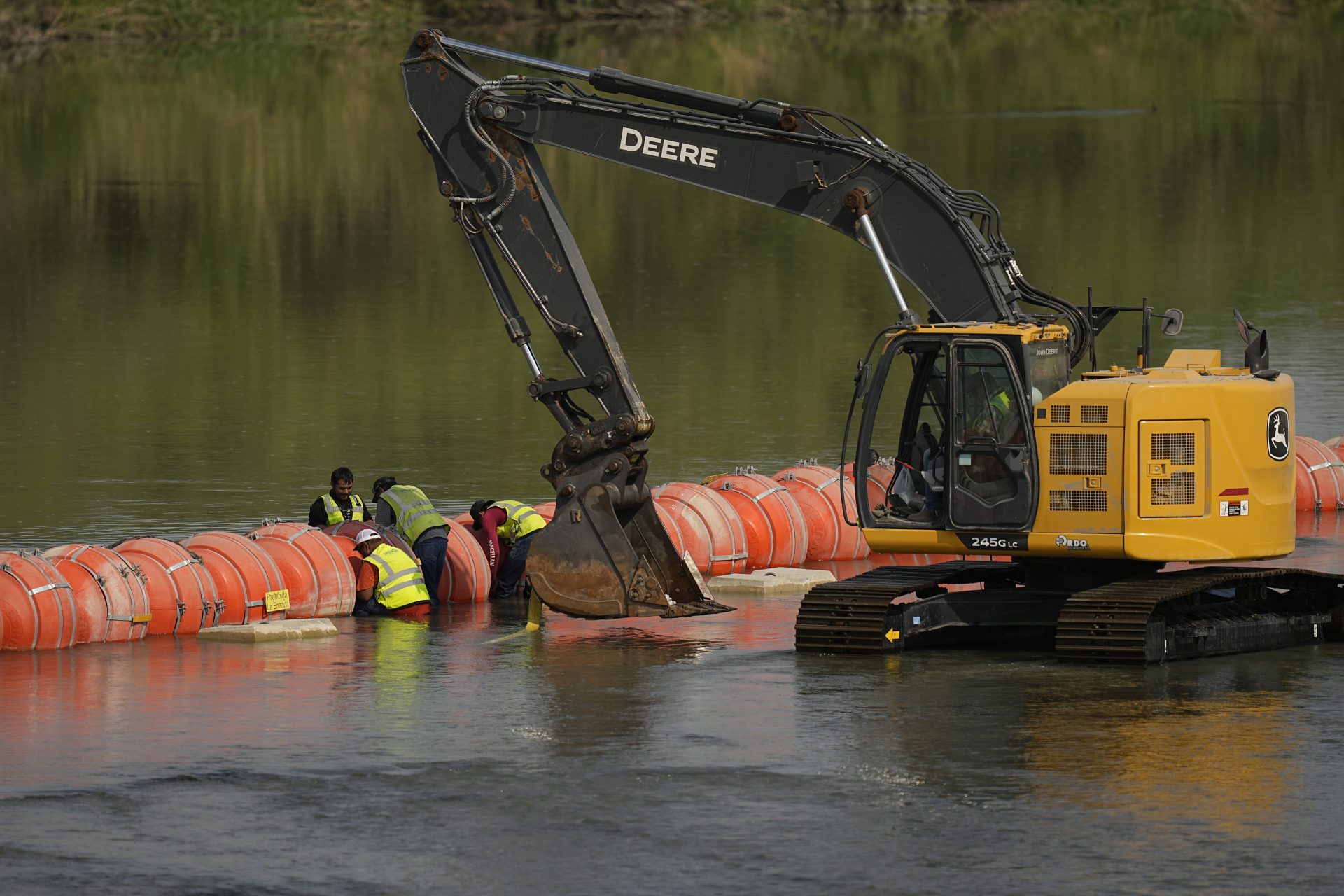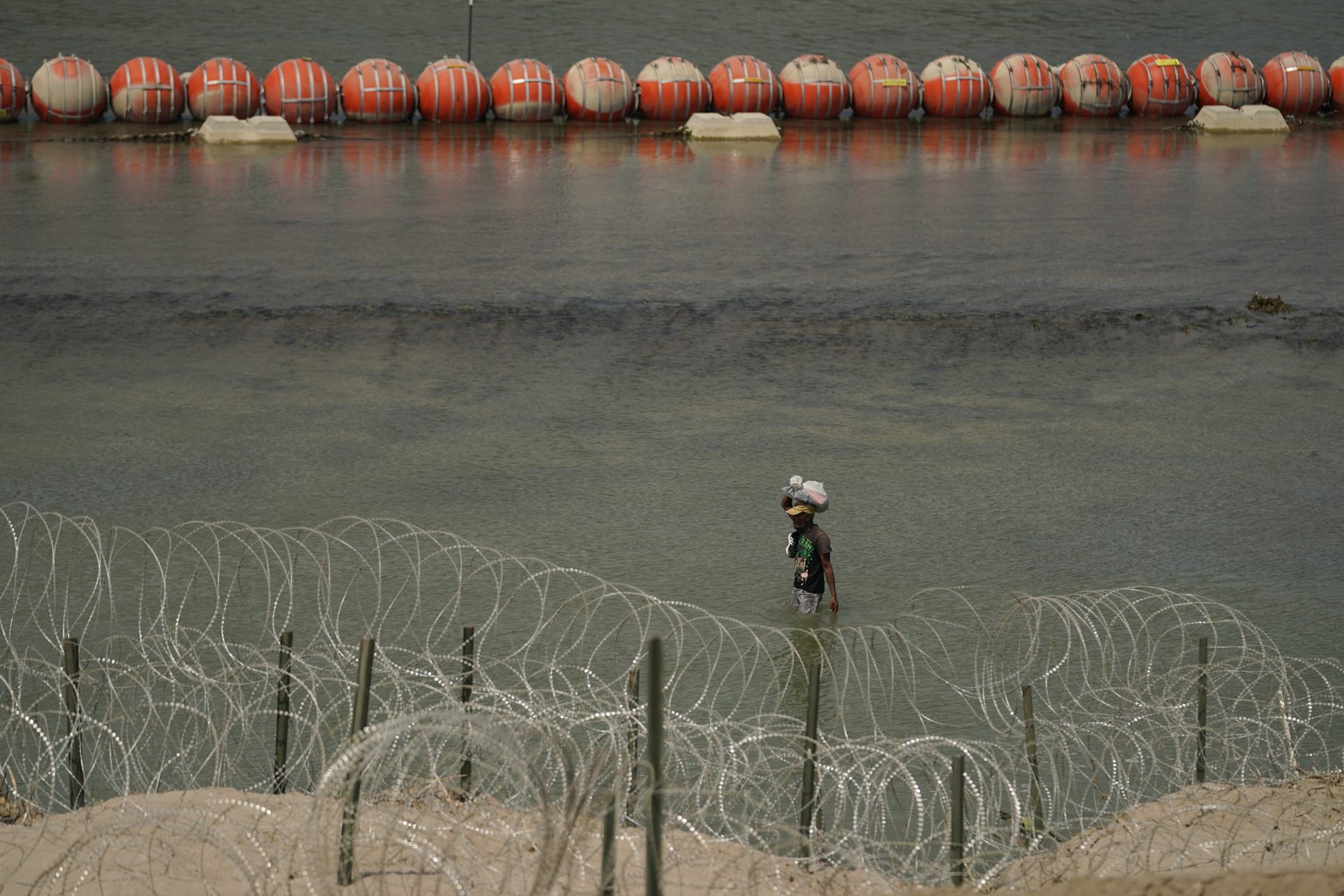- Apr 6, 2025
-

-
-
Loading


The long-awaited trial over the placement of lethal saws, razor wire, and netting in the Rio Grande Valley has been delayed until November at the earliest, after our presidential election. The postponement raises concerns over whether the decision was politically motivated.
The court's adjudication of the case should be solely based on the law and whether the state of Texas has the authority to place the obstructions within the federally controlled international boundary. Given the contrasting rulings and the lethal nature of the barrier, the case should be heard sooner rather than later.

Gov. Greg Abbott ordered the installation of the obstruction, secured by strings of buoys, in June 2023 as part of his crackdown on illegal immigration. The federal government demanded the buoys' removal, leading to a lawsuit. The fate of the barrier has been at issue over the past year, with conflicting court rulings.
Historically, the river was navigable, but dams and drought conditions have changed its status. The lawsuit also highlights the humanitarian and environmental impact of the barriers.

Several bodies have been found entangled in the razor wire and netting, including a 3-year-old girl. Mexico has issued formal complaints about the barriers, emphasizing their lethal nature and the need for urgency in addressing the issue.
The court's delay in hearing the case poses risks to human lives, as long as the injurious elements of the barrier remain. Urgent action is needed to prevent further tragedies.
Comments
Leave a Reply